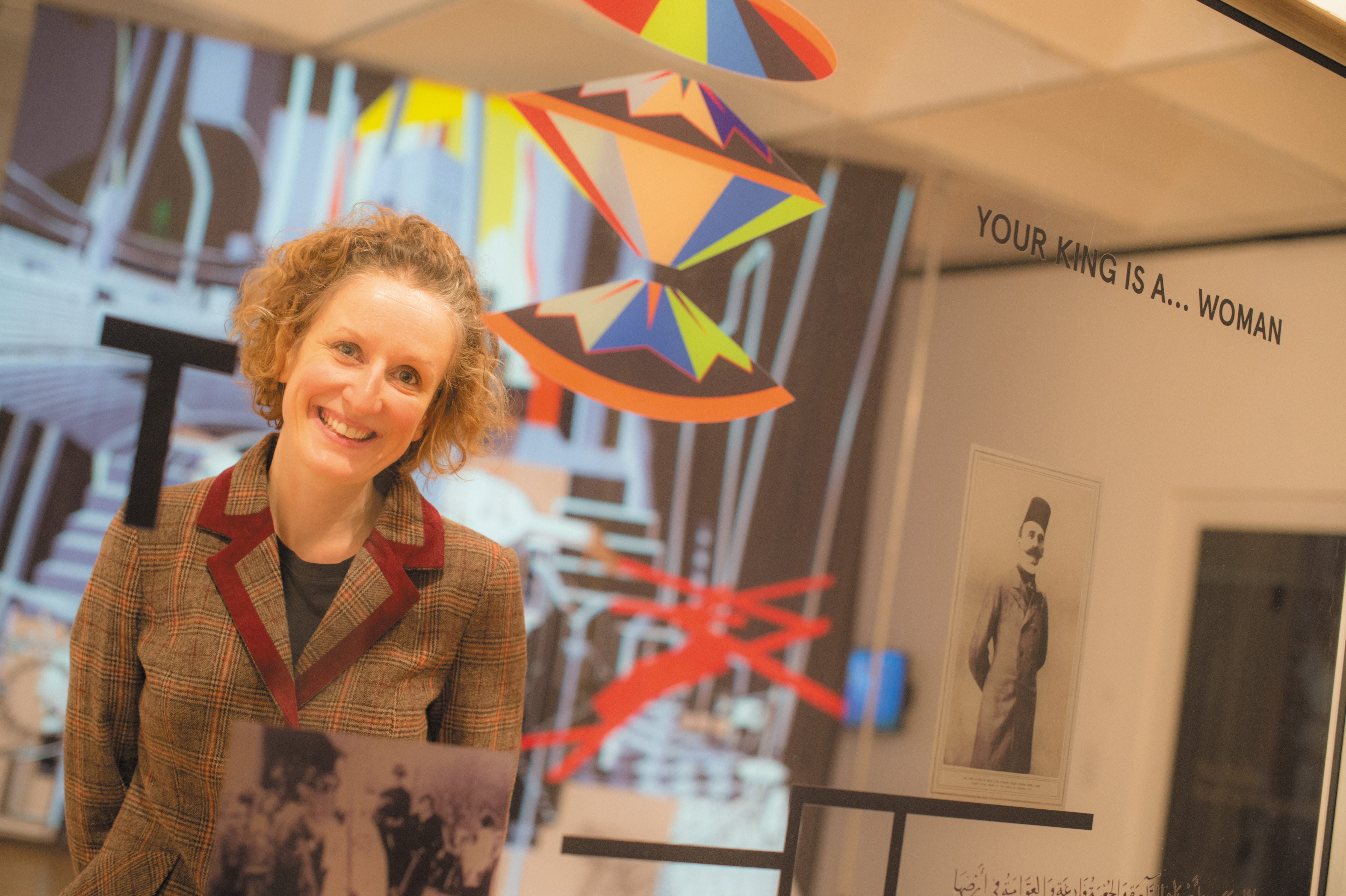
July 3, 2017, by Rob Ounsworth
Rights Lab: discover how we can end slavery
In the second of a series introducing the University of Nottingham’s Beacons of Excellence — transdisciplinary research teams championing our responses to global challenges — Professor Zoe Trodd of the Rights Lab explains how ending slavery will benefit us all.
There are 46 million people enslaved around the world today. But we’re in the middle of history’s fourth great antislavery movement.
We have a global commitment to ending slavery by 2030, as part of the Sustainable Development Goals, and a deep commitment from the UK government, in the new Modern Slavery Act. What we need now are robust, long-term strategies for abolition.
So here at the University of Nottingham, we have built the world’s first truly large-scale research agenda for ending slavery. We are underpinning antislavery with an advanced research platform for the first time in the 230-year history of antislavery action.
Our values-based, challenge-led approach, a fusion of rigorous empirical research and advocacy, is what my colleague Todd Landman, the Rights Lab Executive Director, has termed “Rigorous Morality.”
A transdisciplinary vision and world-class scholars
We’re able to do this because, firstly, we’re home to the world’s leading modern slavery experts, including Professor Kevin Bales, CMG, whose work on slavery was named one of the top “World-Changing Discoveries” by the Association of British Universities.
Secondly, we have comprehensive disciplinary breath: a team of over 100 people, across 16 teams, from all five faculties. This means we can work to map slavery from space with satellites; understand slavery’s economics and relationships to migration and armed conflict; make Nottingham a slavery-free city and roll out that local model nationally, to mention just a few of our transdisciplinary projects.
Find out more about our pioneering work with satellites
And thirdly, because of our approach to partnership and co-design. Our work is shaped at every stage by survivors of slavery, several of whom are on our team, and we work closely with our NGO and government partners, some of whom joined us on 22 June at the Royal Society for the announcement of the University’s £200m investment in research.
Answering four big questions
All of this lets us ask four big questions across our work:
1. How many slaves are there and where are they?
2. Why does slavery persist?
3. What works to tackle it?
4. And what difference does freedom make?
This last question is key. We’re demonstrating the global benefits of ending slavery, for economies, peace, health, and the environment. If slavery is a drag on human and economic development, then we want to show that ending slavery will mean a better world for everyone: safer, greener, more prosperous, more equal. This what we call the Freedom Dividend.
We want to help end slavery and achieve the Freedom Dividend by 2030. If there was ever a tipping-point, when we might tip slavery over the brink, into its own extinction, it is now.
And so, taking up Jesse Boot’s 1928 vision of a university committed to “the welfare of our fellow citizens,” this means Nottingham is helping to construct a real watershed for humanity; a moment when the world finally rejects the great lie of history, that some people are sub-human, and embraces the great antislavery truth—that labour should not be forced, and that people are not for sale.
Find out more about the Rights Lab
Professor Zoe Trodd is Director of the Rights Lab
No comments yet, fill out a comment to be the first

Leave a Reply